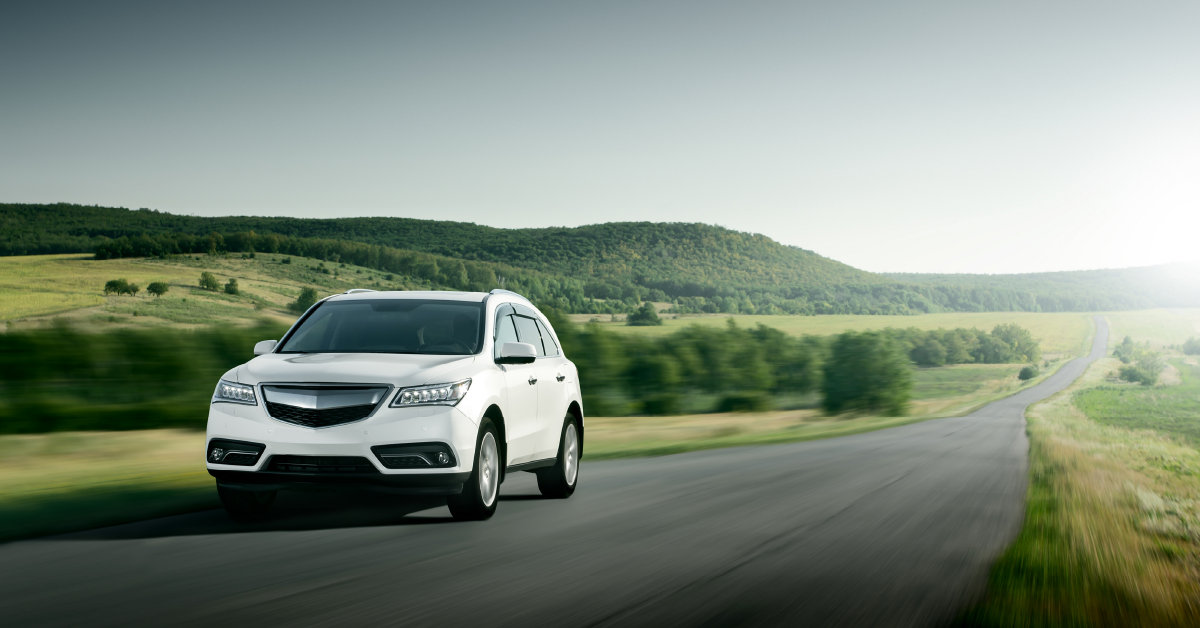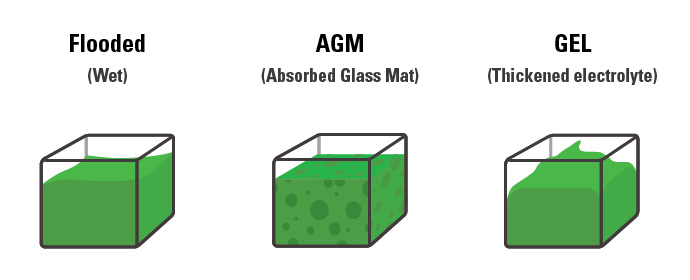
How long do car batteries last? It's a simple question, with a not-so-simple answer.
The typical answer you will find online is 3-5 years, but in reality the lifespan of your automotive battery is heavily dependent on a variety of factors such as vehicle type, climate, driving habits, battery type, and more. In this blog post, we will explore the factors that effect battery lifespan and give you tips on how to get the most out of your vehicle's battery.
1. Climate
If you live somewhere with constant heat or extremely hot summers, your battery will be under more strain than normal. Before vehicles became increasingly compact under the hood, there used to be more space for air to flow to cool components like the battery. Today, the airflow under the hood has been significantly reduced. Most components are covered by cowlings, which means that your battery is cooking on extremely hot days. Heat accelerates chemical activity and internal cell corrosion, so if your vehicle is exposed to constant heat, your battery can sustain permanent and irreversible damage. Try to keep your vehicle in the garage or in the shade in hot weather to lengthen your battery's life.
2. Driving habits
The way you drive can have a major impact on the lifespan of your battery. Car batteries recharge as you drive, and you need about 10-20 minutes of highway speed for your battery to recharge significantly. If your daily routine only involves a short 5-10 minute drive to and from work, your battery will be worn down much faster than if you regularly incorporated longer drives into your routine.
3. Battery Types
Different battery types have different lifespans. Let's take a look at three kinds of battery types:

- Flooded Batteries
Standard flooded batteries tend to have the shortest lifespan of the various battery types. They are designed to provide short bursts of energy to start a vehicle, and have a lifespan of about 30,000 starts or 3-5 years. - Sealed Lead-Acid
Like flooded batteries, sealed lead-acid batteries last about 3 to 5 years, although sealed deep-cycle batteries may last longer, about six years. These batteries are often used in recreational and marine vehicles because they won’t spill, even when the vehicle absorbs a lot of shock and vibrations from rough terrain or water. - Absorbent Glass Mat (AGM)
AGM batteries keep the electrolyte in a solid, or absorbed, state that can provide 2-3 times the lifespan of a flooded battery. AGM batteries last around 7 years, and are ideal in start-stop vehicles.
4. Vehicle Type.
Modern vehicles often have keyless entry, Bluetooth connections, and gas saving engines. That technology requires a lot of power. While you're driving, the alternator provides power, but the battery has to provide power when you're not driving. Modern vehicles are never truly off. Even when the engine is off, the onboard computer is still on. The power control module (PCM) and many memory-storage modules throughout the vehicle need to draw power. This is called key-off drain or parasitic drain, and the battery needs to recharge from it.
Additionally, if you have a start-stop vehicle, your battery's lifespan can be shorter than average. Start-stop systems save fuel by shutting off the engine when stopped. However, restarting the engine each time puts extra strain on the battery.
Our lineup of MIXTECH automotive batteries combine the latest electrochemical advancements in battery technology with our patented MIXTECH technology to produce the most significant improvement in performance, reliability, and battery life in 50 years. Get the most out of your battery with Discover MIXTECH.





